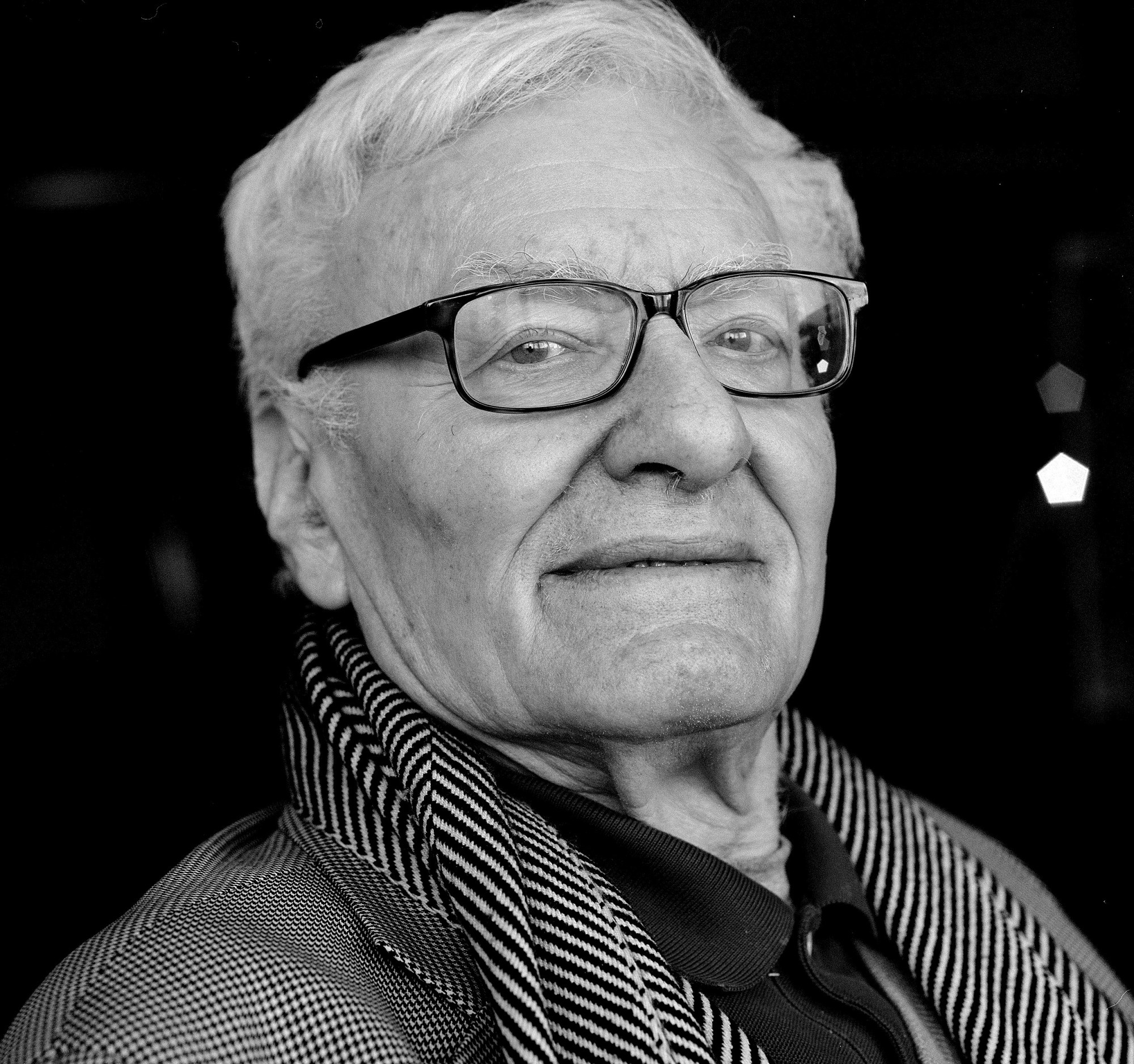
- Golden Globe Awards
Peter Shaffer, Golden Globe Winner, 1926-2016
Peter Shaffer, Golden Globe winner for Amadeus, is dead at 90. Shaffer, a leading British playwright who collected a Golden Globe for the screen adaptation of his play Amadeus, died in County Cork, Ireland where he traveled to celebrate his 90th birthday.
The film adaptation of the Tony award winning stage play Amadeus, swept the 1985 Golden Globes, gathering six nominations and four wins: Best Film-Drama, and for Milos Forman (director), F. Murray Abraham (Best Actor- Drama) and Best Screenplay for Shaffer. Later it also garnered 11 nominations and 8 wins at the Academy Awards. Amadeus dramatized the rivalry between Antonio Salieri, (Golden Globe winner Abraham) the court composer for Emperor Joseph II, and Wolfgang Amadeus Mozart, the precocious composer whose extraordinary musical gifts thrill the older Salieri but also fill him with malicious jealousy as he realizes how mediocre he is next to such genius. Amadeus became so embedded in our culture that years later, in the action comedy Last Action Hero Arnold Schwarzenegger is warned against trusting a character played by F. Murray Abraham because “he killed Mozart!”Over his long career in the U.K. and in the United States the prolific Shaffer excelled in several genres, and wrote many well-received plays, some of them he later adapted to the screen, with equal success. His first Broadway play, Five Finger Exercise, was a 1950s domestic drama about a British family, where a young German tutor exposed the emotional tensions in the household. Shaffer set the American screen version in California, starring Rosalind Russell (five times Golden Globe winner) and Maximilian Schell (who twice won the Golden Globe).The versatile Shaffer followed with a pair of one act romantic comedies The Private Ear and The Public Eye, and a historical drama, The Royal Hunt of the Sun, about the 16th-century vanquishing of the Incas by the Spanish. Adapted for the screen in 1969, it starred Globe winner Christopher Plummer as the Inca king, and Globe nominee Robert Shaw as the conquistador Francisco Pizarro.
Shaffer's other major success was the play Equus, about a British stable boy who had compulsively blinded a number of horses he was caring for, after being seduced by a woman at the stable, as his horses watched. The drama, which revolved around the boy and his psychiatrist, ran successfully on Broadway. In 1977 Shaffer turned it into a film directed by six-time Globe nominee Sidney LumetNetwork) and starring Richard Burton, giving him his last of eight Globe nominations and second win; and the supporting Peter Firth, who won his only Globe.But it was the next play, Amadeus, that opened in London in 1979 and on Broadway the following year, that won Shaffer the most praise and recognition, including his Golden Globe. Set in late 18th century Vienna, it dealt with the mystery of genius. Amadeus Mozart, (Tom Hulce, awarded his first of five Globe nominations) the young, uncouth genius, a musical visionary, described by his rival Salieri (F. Murray Abraham]) as "the Voice of God". The tormented Salieri labors to undermine Mozart's success and health, driving Mozart to an early death at 35, and leaving a Salieri a guilt-ridden old man. Attacked for historical inaccuracy, Shaffer defended his work saying that while there may have been only some rivalry between the two men, he took considerable artistic license in creating their characters, and ramping up the antipathy and rivalry to such a degree of drama and malevolence.In an interview Shaffer said that the true story of the rivalry between the two had no dramatic end: “One survived the other by 32 years. It’s not much of a climax. There had to be a scene between them, a confrontation scene. In a play, that’s what drama demands.” Shaffer's solution, after many re-writes, he said, was to devise “an offering: Mozart’s offers a score of the unfinished Requiem Mass in D minor to a masked patron, who is, of course, Salieri." But in his Globe winning screenplay, Shaffer changed the ending, creating a deathbed scene: The dying Mozart dictates the score to Salieri, who recognizes how glorious the music is- as we hear it on the soundtrack. Shaffer considered this scene the most exciting in the film.“ (It) breaks all the rules that I’d ever been taught about cinema: that it has to be visual and the sound doesn’t matter very much. It’s a scene about sound,” he said. “The characters don’t move. … The script, it’s nothing but eight pages of musical direction. Very boring. It would give the average Hollywood producer a heart attack… But these pages work wonderfully. And even more mysteriously, they are cinema. They’re not theater (where) it wouldn’t work at all.”

